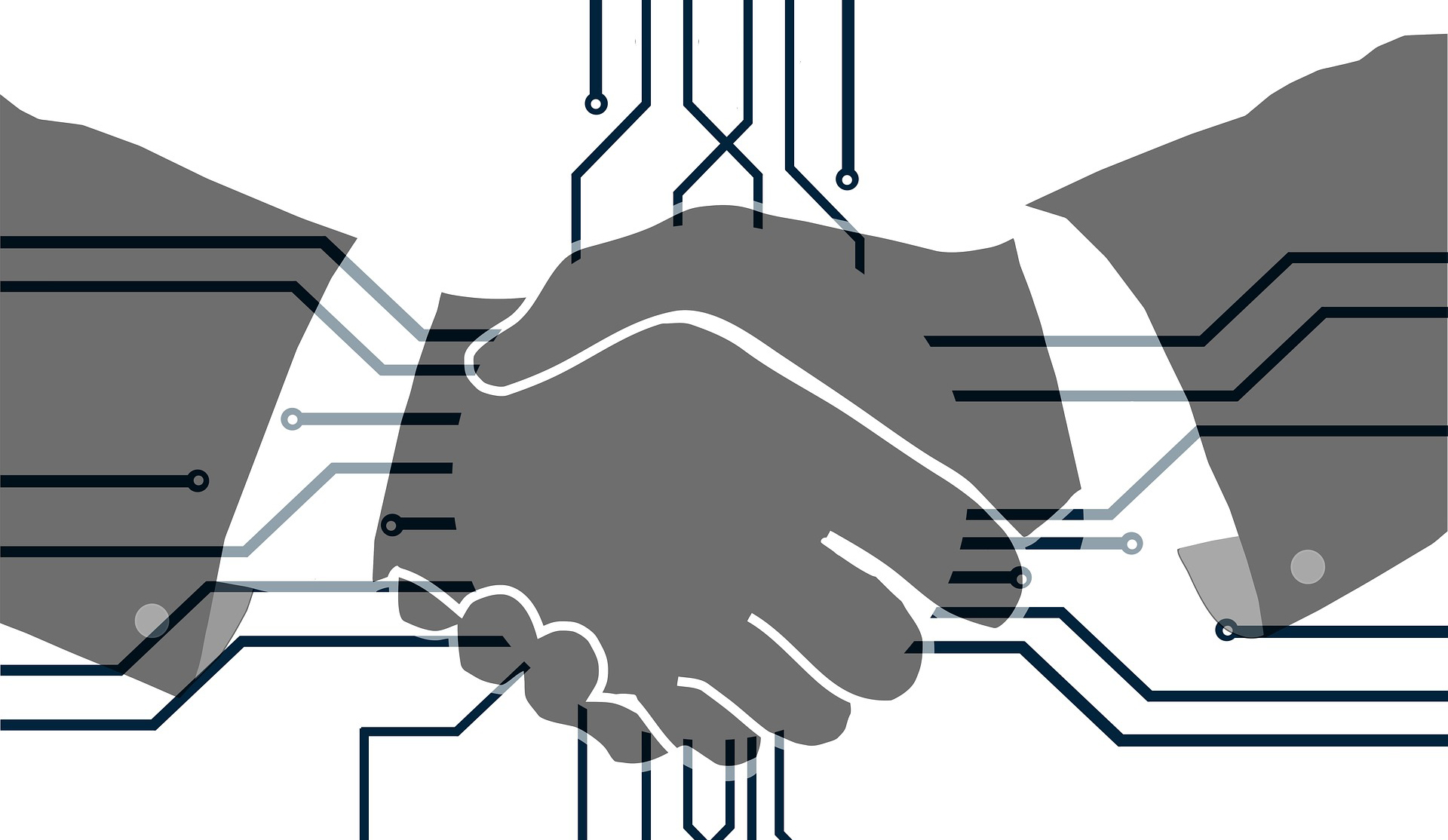One of the fundamental traits of all digital technologies arises from their inherent ability to decentralize information. Each time an open, distributed, platform emerges centralized, closed, systems get disrupted and succumb to the deflationary realities of Moore’s law. Dozens of examples exists, but some prominent ones illustrate the point:
- Desktop PCs took the information that resided on standalone mainframes and spread it throughout organizations.
- The Netscape browser allowed ordinary, nontechnical, users to interact with the internet via a simple point and click GUI.
- Google democratized the access to information on a global basis with its simple search interface that masked powerful algorithms that thrive on open access to information.
Every decade we see closed market after closed market falling victim to these disruptive tools and, in every case, the closed system loses when it confronts an open, decentralized, technology. Industries that thrived on controlling access to specialized knowledge and elite decision makers crumble when a digital competitor enters its space. Consider:
- Publishers and booksellers versus Amazon.
- The recording industry versus iTunes, Pandora, et al.
- The telecom industry versus WhatsApp.
All of these cases possess similar attributes: consumers understand on an almost unconscious level that the monopolies stand in the way of clear access to the information they need or desire; technologies arise that eliminate that barrier; the consumer flocks to it as the incumbent fights to preserve the moat; and, finally, the information frees itself and the disruptors capture the market share.
With this context, take a step back, and think about the legal system and the market for legal services. Combined, they form the mother of all closed systems and have stood proudly, in some form, since the Magna Carta established a basis for democracy and the rule of modern law. They occupy a unique position in our civilization and exist, despite their flaws, to protect fundamental rights and foster the distribution of justice. These are not things easily disrupted, no matter how powerful the technology.
Throughout their history, our legal system and the market for legal services thrived for two intertwined reasons: first average citizens always felt they could access the system (for the most part) and, second, lawyers existed to assist clients as both advocates for their position, and, often more importantly, as interpreters of specialized information. As the system grew more and more complex the importance of the attorney increased as we evolved into gatekeepers that guide the uninitiated. Clients pay for this service because no other choices exist.
The reality we confront today as professionals forces us to admit both of these pillars face daunting challenges from disruptive technologies and consumers, our clients, sense that it may behoove them to go direct, cut out the middlemen, and transact business on their own terms. People sense that they have no real access to the justice system. Their ability to protect their rights using the traditional systems of contracts, legal professionals, and the courts exists as a theoretical abstraction rather than a concrete reality because of the high cost of litigation, clogged dockets, and byzantine complexities of the regulations themselves.
People sense that new technologies offer a better solution that stands outside of the current system and allows people to craft their own terms without the need for expensive advice. Some examples include:
- Bitcoin and Etheruem: two protocols in which developers and entrepreneurs are actively developing things like self-enforcing contracts, distributed corporations, and self-executing wills and trusts.
- Crowd funding platforms like Kickstarter where businesses, artists, and other creatives abandon traditional, highly regulated, means to secure financing.
The important thing to note here lies in the fact that clients seek alternatives that have nothing to do with the current monopoly. These networks and protocols allow for direct, peer to peer, connections, empower people to transact on their own and, therefore, as history shows large volumes of business will migrate in that direction. This is not using technology to drive down the cost of legal services or to optimize access to professionals, this is the development of code that works better when it frees itself from traditional law and lawyers. It marks a global phenomenon where the technology allows people to connect outside of the confines of local jurisdiction and sovereignty. It is easy to see attorneys who miss this shift simply vanishing from the conversation.






0 Comments